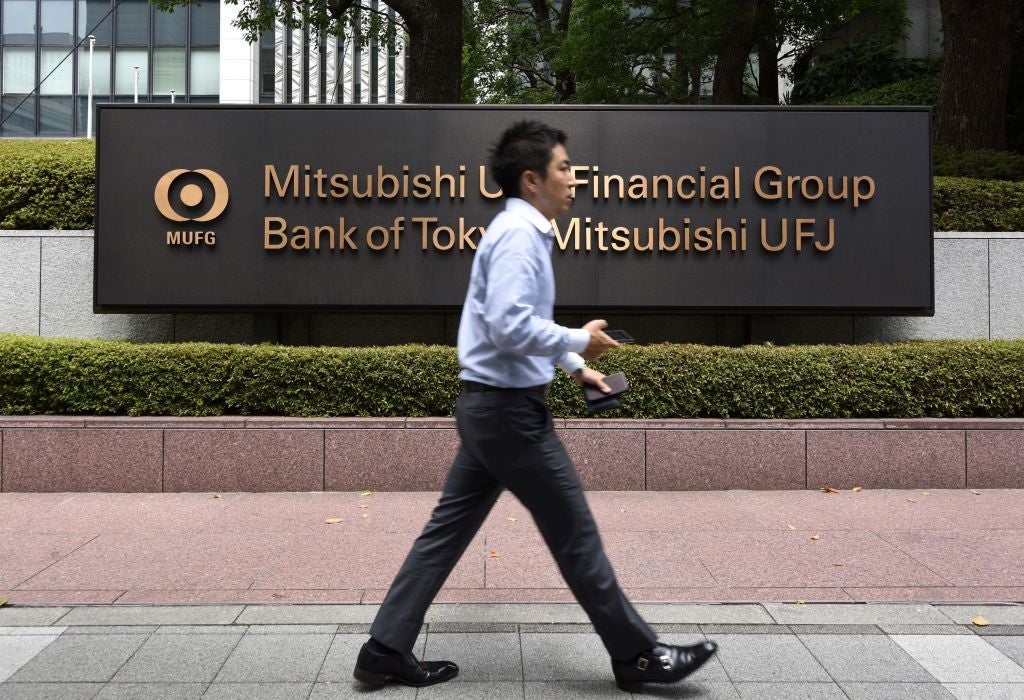

Japan is the world’s third-largest economy, although it did witness a 7.8% decrease in GDP in the second quarter of 2020, according to a preliminary estimate released by the country’s Cabinet Office. This is the largest quarterly decrease since 1955 and has been mainly attributed to the effects of the Covid-19 pandemic, along with a domestic tax increase, decreasing demand from China and the impact of numerous natural disasters.
In 2019, Japan’s foreign direct investment (FDI) flows remained relatively low and more volatile when compared with other developed economies. The figures did, however, increase by 38.6% from $9.8bn in 2018 to $14.5bn in 2019, according to the UN Conference on Trade and Development’s 2020 World Investment Report.

Access deeper industry intelligence
Experience unmatched clarity with a single platform that combines unique data, AI, and human expertise.
Japan’s role as a key source country for FDI
Alongside its inward FDI flows, Japan remains the largest investor in the world, according to the report. Japanese multinational enterprises saw their investments grow by 58% in 2019, to a record-breaking $227bn. This success was attributed to an increase in cross-border mergers and acquisitions and the doubling of investments in both Europe and North America.
Japan’s largest FDI source markets are the UK, France and South Korea. Together these three countries accounted for nearly 85% of FDI inflows into the country. Key sectors for the country include electric machinery; finance and insurance; chemicals and pharmaceuticals; transportation equipment production; and real estate. Japan is considered an industry leader in advanced technology and research and development, and the country holds a record-breaking number of patents.
In response to the Covid-19 pandemic, Japan implemented new FDI regulations in a bid to protect its life science companies. On 15 June 2020, the Japanese government announced that the manufacturing of pharmaceutical products for infectious diseases and highly controlled medical devices would be designated as core businesses under the Foreign Exchange and Foreign Trade Act of Japan.
As a result, would-be investors are now required to notify the government if they intend to acquire more than 1% of the shares in both listed and unlisted Japanese companies that fall within these fields. Furthermore, if the company includes a ‘designated business’, the investor must submit a notification to the government and undergo a 30-day waiting period. These actions, the government says, are designed to protect national security and the health and safety of its people.

US Tariffs are shifting - will you react or anticipate?
Don’t let policy changes catch you off guard. Stay proactive with real-time data and expert analysis.
By GlobalData





